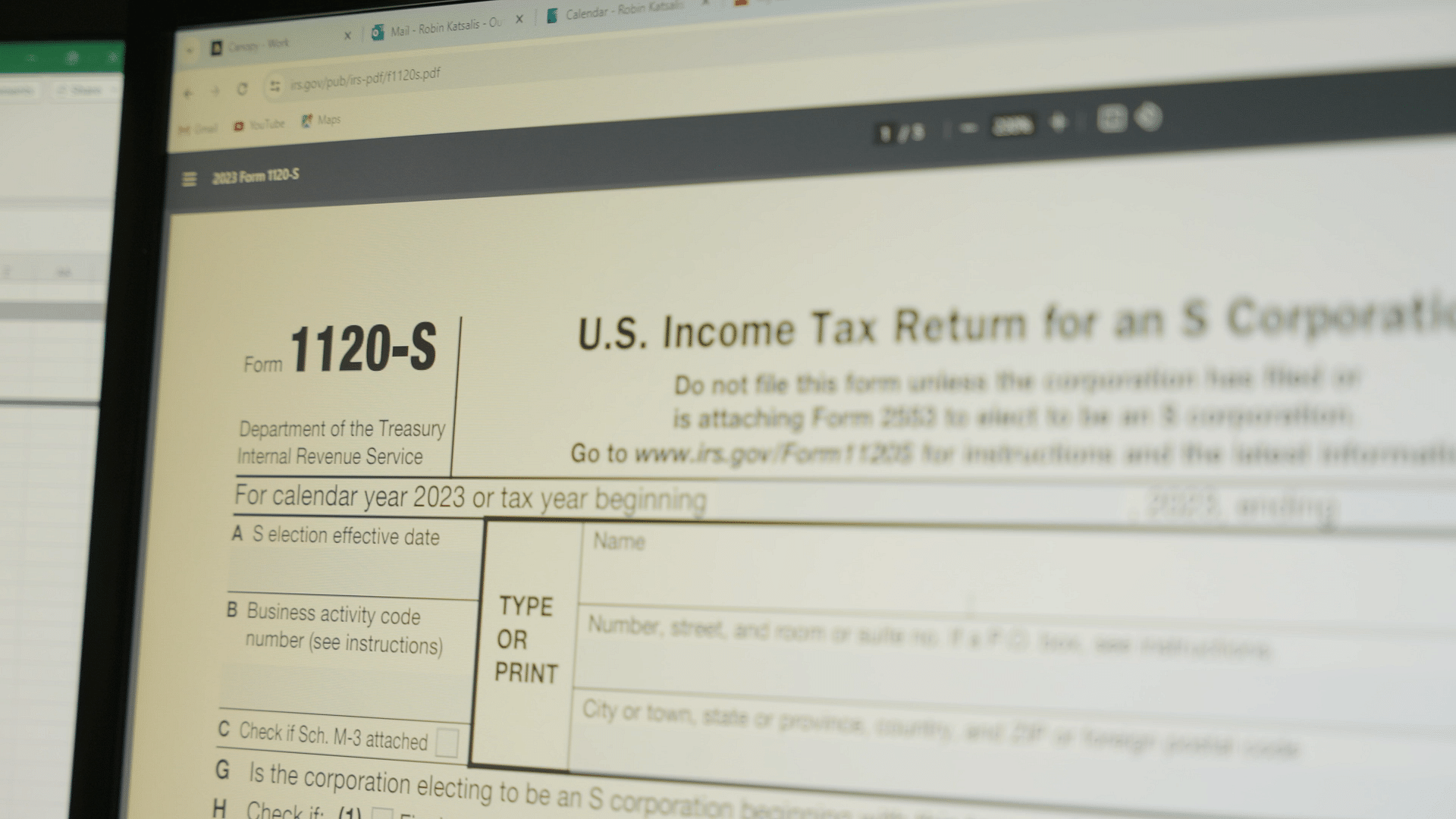
Avoid the Pitfalls of Selling Property to Family
Jul 26th, 2019
Suppose you own property you intend to transfer to your loved ones. Perhaps you are considering giving your children an ownership interest in your principal residence. Before you act, you should review the tax consequences of your decision. Specifically, tax law includes several provisions involving sales to related parties. As you might imagine, this covers relatives like your children, grandchildren and siblings, but it also applies to business entities you own. Here are four common situations you may encounter, and tips to help you avoid tax trouble:
- Installment sales. With an installment sale of investment or business real estate over two or more years, you can defer tax on your gain until the tax years in which payments are actually received. However, if you sell the property to a related party who disposes of it within two years, the remaining tax is due immediately.
Tip: To solve this problem, insert language in the legal agreement that does not allow the disposition of the property within two years.
- Selling at a discount. If you're selling a house to a related party, you may wish to give that person a sweetheart deal. Unfortunately, the IRS may reclassify the transaction as a gift if the property is sold at considerably less than its fair market value (FMV). Fortunately, you have some wiggle room. If you discount the sale by less than 25 percent, you should be OK.
Tip: Err on the side of safety by having an appraisal of the property before the transfer date OR build documentation that justifies the FMV.
- Transferring remainder interests. In some cases, a homeowner may transfer an interest in a home to his or her estate while continuing to live there. Although this may meet certain objectives, the estate can't take advantage of the $250,000 home sale exclusion ($500,000 for joint filers). However, if the heirs subsequently meet the two-out-of-five-year ownership and use requirements, the exclusion becomes available.
Tip: Prior to transferring interest in your home to anyone (including a trust or an estate), understand the impact of this action on the tax-free home gain exclusion.
- Like-kind exchanges. Often, instead of selling business or investment property, an owner may trade for another, similar property hoping to either defer or avoid taxable gains. Under recent legislation, tax-free exchanges of like-kind properties are eliminated, except for qualified real estate transactions. Tax is generally deferred until the replacement property is sold, but the tax law imposes a two-year holding requirement on the parties to the deal. Alternatively, you may qualify under a special exception, such as proving tax avoidance wasn't the purpose of the sale.
Tip: Related property transactions of this type can get complicated. Ask for a review of your situation before trading any property.
To discuss the specifics of a property sale to one of your family members, please call.


Let’s Help Eliminate Your Stress
If you choose Appletree Business Services for your bookkeeping, payroll or tax needs, you’ll find that good things begin to happen in your business. Your common financial challenges will become simple with a clear map to create your ideal situation. More than that, we’ll identify your “typical” stresses and help make them go away.